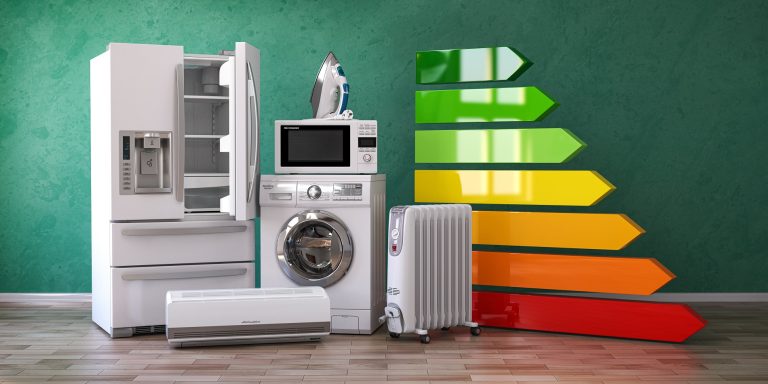Improving and maintaining the energy efficiency of your home is now even more important than ever. With winter just around the corner and record high energy bill prices, homeowners are looking for ways to cut costs and keep warm.
Not only does having an energy efficient home provide extra heat, it can also increase the value and attractiveness of your property to potential future buyers.
This article will explore ways to improve energy efficiency throughout your home.
Insulation
Insulation is essentially rolls of material that are used in spaces that are likely to lose significant amounts of heat. Commonly added to joists in lofts and in between walls, insulating your property can increase heat retention as well as help keep the home cooler during summer months.
Insulation can particularly benefit older homes which often have solid walls that incur an increased loss of heat.
Heating equipment
The efficiency of the plumbing and heating equipment in your home will have an impact on the overall energy loss. If your boiler is outdated, it’s likely to use more energy and, in turn, cost you more.
Pipe work and subsequent pipe insulation should be in good condition to ensure high performance and minimise loss of heat.
Excluding draughts
Air can enter your property through small gaps around windows, doors, floorboards and walls, making heat retention challenging. It’s often fairly cheap and simple to get rid of draughts by sealing the gaps with fillers such as silicone.
If, however, windows or doors are old, worn, rotting or suffer from condensation, it might be worth investing in new ones.
Bleeding radiators
To maintain properly functioning radiators, it’s important to bleed them when they start suffering from air pockets. You’ll know when this happens if half the radiator is cold whilst the other half continues to become warm. This can result in the room taking a lot longer to heat up, meaning you’ll use more energy in the process.
It’s fairly easy to bleed radiators. You’ll need to wait until they’re cool, place a cloth under the valve and use a bleed key to turn it. This lets any trapped water and air out of the system, so your heating can work to it’s maximum.
There are also plenty of small things you can do to make your home more efficient such as using low energy LED light bulbs, choosing energy efficient appliances, closing off rooms you don’t use, installing a smart meter and monitoring your water usage.
If you’re looking to buy a new home, you can also check the property’s EPC rating to find out how energy efficient it is.

